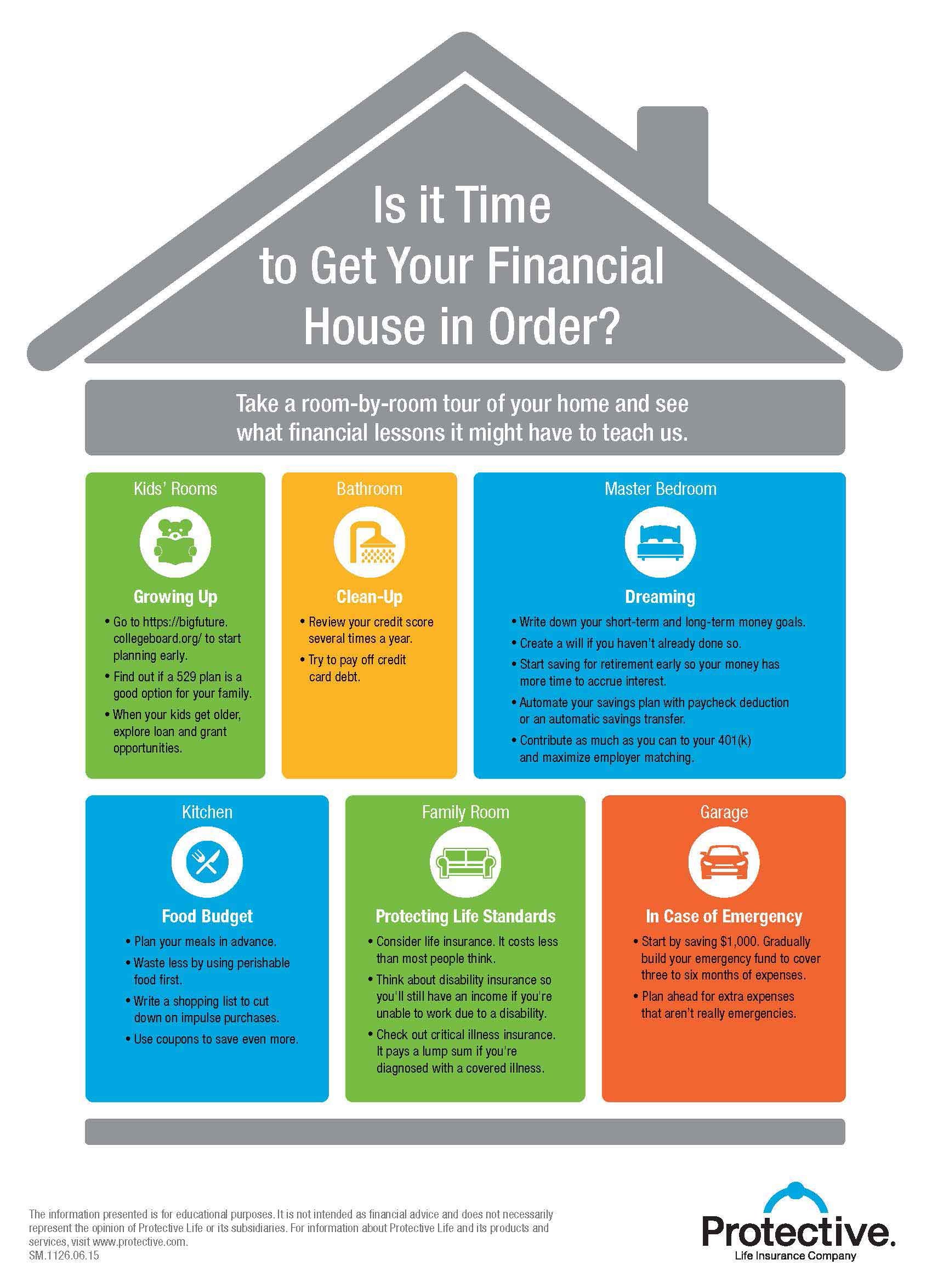Looking to accurately calculate your net worth? You’re in luck! This article will guide you through the essential steps to determine your financial standing with precision. Calculating your net worth is crucial for understanding your overall financial health and planning for the future. By the end of this article, you’ll have all the necessary tools to confidently assess your assets, liabilities, and ultimately, your net worth. Let’s dive right in and uncover how to calculate your net worth accurately.
How to Calculate Your Net Worth Accurately
Calculating your net worth accurately is an essential step in understanding your financial health and progress towards your financial goals. Your net worth reflects the difference between your assets and liabilities, giving you a clear picture of your overall financial standing. By calculating your net worth regularly, you can track your financial growth, make informed decisions, and effectively plan for the future.
Gathering Your Financial Information
Before diving into the calculation process, it’s crucial to gather all the necessary financial information. This includes:
- A comprehensive list of your assets: Assets include cash, investments, real estate, vehicles, valuables, and any other items of significant value.
- A detailed list of your liabilities: Liabilities encompass any outstanding debts, such as mortgages, student loans, credit card balances, and other loans.
Calculating Your Assets
Once you have compiled all your financial information, it’s time to calculate your assets. Here are the key categories to consider:
1. Cash and Cash Equivalents
This category comprises the total amount of cash you have on hand, including money in your checking and savings accounts. It also includes cash equivalents, such as certificates of deposit (CDs) and money market funds.
2. Investments
Investments can be broken down into various subcategories, including:
- Stocks: The total market value of your stock investments, including any shares you own in publicly traded companies.
- Bonds: The market value of any bonds you hold, including government, corporate, or municipal bonds.
- Mutual Funds: The total value of your investments in mutual funds.
- Retirement Accounts: The combined value of your individual retirement accounts (IRAs), 401(k)s, or any other retirement savings plans.
- Other Investments: This includes any other investment vehicles you may have, such as real estate investment trusts (REITs), exchange-traded funds (ETFs), or commodities.
3. Real Estate
Real estate assets include the value of your primary residence, second homes, rental properties, or any other real estate you own. For accurate assessment, it is recommended to use the current market value of these properties.
4. Vehicles and Valuables
This category encompasses the current market value of your vehicles, such as cars, motorcycles, boats, or recreational vehicles. Additionally, include the value of any valuable possessions like jewelry, artwork, or collectibles.
5. Other Assets
Other assets can include the value of any business interests, patents, royalties, or any other significant assets not previously mentioned. It’s important to evaluate these assets as accurately as possible.
Calculating Your Liabilities
After assessing your assets, it’s time to calculate your liabilities. Here are the key categories to consider:
1. Mortgages and Loans
For accurate calculations, gather information on all your outstanding mortgage balances, home equity loans, and any other loans secured by your assets.
2. Student Loans
If you have any outstanding student loans, include the total balance of these loans in your calculations.
3. Credit Card Balances
Include the total balance of all your credit cards and any other lines of credit in this category.
4. Other Liabilities
Other liabilities may include personal loans, car loans, business loans, or any other debts you owe. Include the outstanding balances of all these liabilities.
Calculating Your Net Worth
Once you have compiled your assets and liabilities, calculating your net worth is a straightforward process. Simply subtract your total liabilities from your total assets. The formula can be expressed as:
Net Worth = Total Assets – Total Liabilities
A positive net worth indicates that your assets surpass your liabilities, reflecting a healthy financial position. Conversely, a negative net worth suggests that your liabilities outweigh your assets, which may indicate financial challenges that need attention.
Tracking Your Net Worth Over Time
Calculating your net worth is not a one-time task; it’s essential to track your progress over time. By doing so, you can evaluate your financial decisions and make necessary adjustments. Regularly assessing your net worth provides valuable insights into your financial growth and helps you stay on track towards your goals.
Consider tracking your net worth on a monthly, quarterly, or annual basis. This allows you to identify trends, analyze your financial habits, and make informed decisions to improve your net worth over time.
Calculating your net worth accurately is a fundamental step in understanding your financial position. By gathering all your financial information, calculating your assets and liabilities, and subtracting your liabilities from your assets, you can determine your net worth. Tracking your net worth over time helps you gauge your financial progress and make informed decisions to achieve your financial goals. Remember, your net worth is not only a numerical figure but also a tool that empowers you to take control of your financial well-being.
How To Calculate Your Net Worth
Frequently Asked Questions
Frequently Asked Questions (FAQs)
How do I calculate my net worth accurately?
To calculate your net worth accurately, you need to follow these steps:
1. Calculate your assets: Gather information about all your assets, including cash, investments, real estate, vehicles, and personal belongings. Determine their current value.
2. Calculate your liabilities: Make a list of all your debts, such as mortgages, car loans, credit card balances, and student loans. Note down the outstanding balances.
3. Subtract liabilities from assets: Subtract the total value of your liabilities from the total value of your assets.
4. Consider other factors: Take into account any additional factors that may impact your net worth, such as business investments, inheritances, or outstanding taxes.
5. Review and update regularly: Keep track of changes in your assets and liabilities over time to ensure an accurate net worth calculation.
Should I include my home in my net worth calculation?
Yes, you should include your home in your net worth calculation. Your home is considered an asset and contributes to your overall net worth. Determine the current market value of your home and include it along with other assets.
How do I value my investments for net worth calculation?
When valuing your investments for net worth calculation, use the current market value. If you have stocks, bonds, or mutual funds, check their current prices. For other types of investments, such as real estate or business shares, consider getting professional appraisals to determine their value accurately.
Is it necessary to include personal belongings in net worth calculation?
Including personal belongings in your net worth calculation is optional. While some people choose to include valuable personal belongings such as jewelry, artwork, or collectibles, others prefer to focus only on financial assets and exclude personal items.
Should I consider my debts as negative assets?
No, you should not consider your debts as negative assets when calculating your net worth. Debts are liabilities and are subtracted from your assets to determine your net worth. Listing them separately as negative assets can lead to confusion in understanding your overall financial situation.
Can I calculate my net worth without professional help?
Yes, you can calculate your net worth without professional help. All you need is a clear understanding of your assets and liabilities, and the ability to accurately determine their value. Online calculators and personal finance software can also assist you in the process.
How often should I recalculate my net worth?
It is recommended to recalculate your net worth at least once a year. However, you may choose to do it more frequently, especially if there are significant changes in your financial situation. Regularly reviewing your net worth helps you track your progress and make informed financial decisions.
What should I do if my net worth is negative?
If your net worth is negative, it means your debts exceed your assets. To improve your financial situation, consider taking steps such as reducing expenses, increasing income, and paying off debts. Creating a budget, seeking professional financial advice, and focusing on debt repayment can help you work towards a positive net worth.
Final Thoughts
Calculating your net worth accurately is crucial for gaining a clear understanding of your financial standing. Start by listing all your assets and their corresponding values, including cash, investments, and property. Next, identify and sum up your liabilities, such as mortgages, loans, and credit card debt. Deduct your liabilities from your assets to obtain your net worth. Remember to update your calculations regularly to track your financial progress. By following these steps, you can confidently assess your financial health, plan for the future, and make informed decisions about your finances. How to calculate your net worth accurately should always be a priority for anyone aiming for financial stability.



